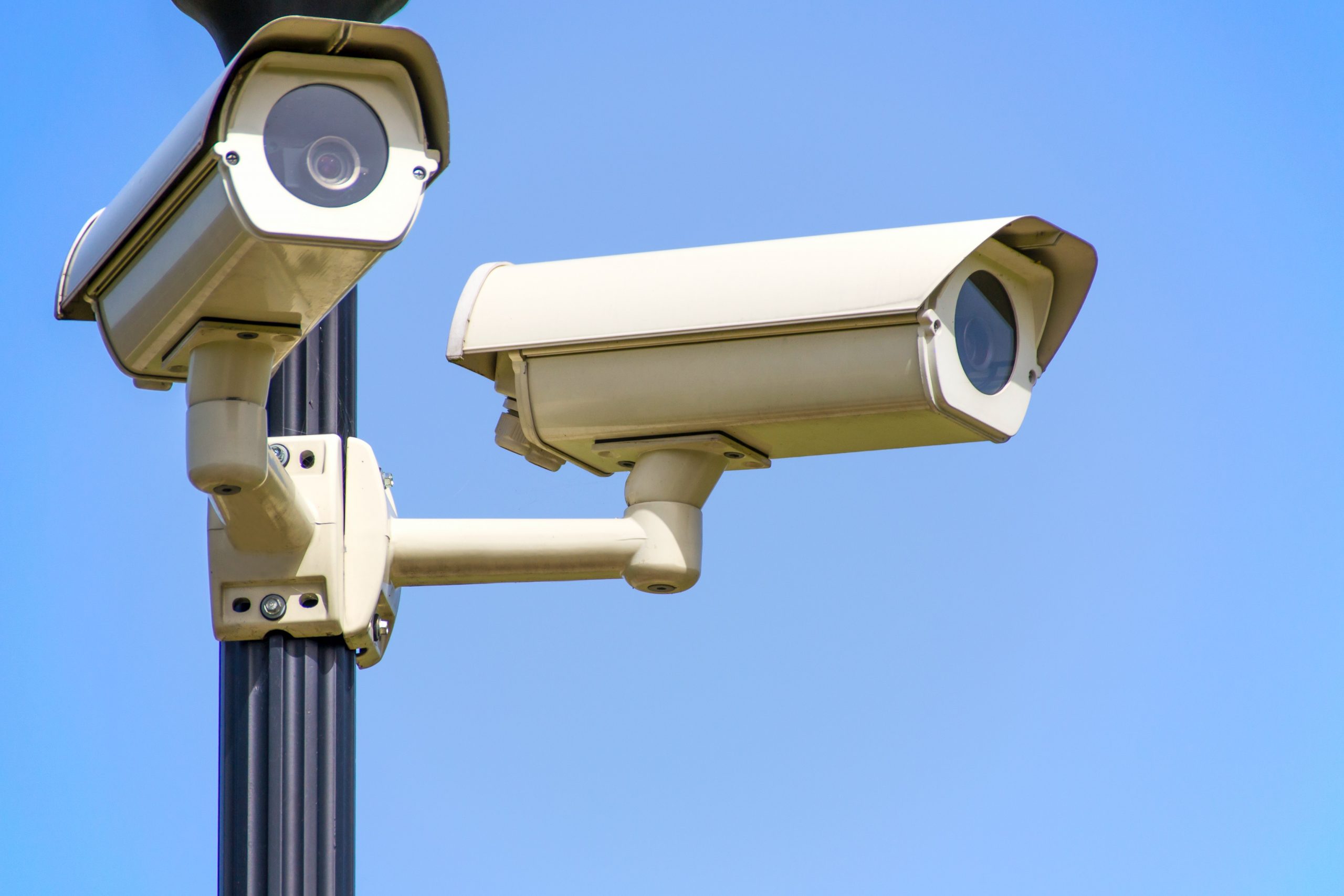The Death of Privacy

Day after day, our lives are increasingly becoming reliant on internet and technology more than ever. We use computers in form of PCs, tablets, phones, and wearable devices, and every traditional gadget from alarm clock to the refrigerator is becoming smart. We use Google and other engines to navigate the internet, and we depend on the internet to store information and retrieve it on demand. I have recently found myself hopelessly lost in a city while trying to remember directions without using digital maps, and I always check for prices online before shopping offline. Our lives are highly dependent on the internet.
All-Seeing Eye
Carrying a phone with me means that Google knows where I am every day. They know where I work, because that’s is where my phone is during the day, they know where I live because I spend the night there, and they know the entertainment joint that I frequent on Saturdays. They know that the place that I go and spend some time every Sunday morning must be where I go to church, and they know the people I met since they see the devices meeting together. I trust a browser to help me remember my passwords, with the hope that those passwords I store there are a secret between only me and the browser. I give Apps on my phone permission to read my messages, assuming that they will read only if necessary, only to realize that some of them spend time analysing the SMS that I have received.
T&C, Cookies
Navigating the online space is simple on the surface, but a complicated exercise when we dig deeper. Take the example of the ‘Terms and conditions’ segments that we encounter on many website, applications, software and many other digital tools we use. Do we read that text? No. Do the writers of these T&C expect us to read them? No. In fact, the documents are usually unnecessarily long, written in the smallest font possible, and using complicated terms which a lay person would likely not understand. We have little option other than checking the ‘Accept’ box. Even when browsing any website, we encounter the notorious pop-up ‘This site uses cookies… click here to accept,’ and we always accept without a second thought, not knowing what cookies are.
Artificial Intelligence
Artificial Intelligence devices are making matters more complex. Amazon’s Alexa is a device that is always listening to all that you are saying, while Google has a similar feature on Android phones which can be activated by saying ‘Ok Google.’ When you imagine that someone is listening to everything you say, knows all your passwords, knows every web page you visit, knows where you are at any moment, knows all the people you chat with, and the content of those chats; you only hope that person is God alone. But unfortunately, there are many ‘gods’ doing that.
Why Collect Data?
What do tech firms do with all the data that they have? Governments have always used the data they have to do government work. They spy over the bad guys (sometimes the good guys) and do intelligence. Tech firms are only interested in using the data to make money primarily through sharing the data with third parties. And thus, Facebook will see you chat with someone on WhatsApp, then they recommend that you add them as friends on Facebook. Google will see you searching for pregnancy test kit, and know that they can now start showing you maternity dresses ads. Mobile lending apps read your M-PESA messages and use that to determine how much money they can loan you. Information is a powerful tool, and he who has it, rules the day.
New Order
What are the new realities that we should wake up to? We are seeing more people get concerned about the data being held by tech firms, and new laws and legislation governing use of collected data. Tech firms and users need to guard all the Personally Identifiable Information (PII) that they collect, as well as the metadata that can be used to identify a person through their behaviors. There is also a need to ensure that data is encrypted appropriately, both when the data is in transit and when it is seated somewhere in a server.
But an important part is also to ensure that data is used only for the intended purposes. Another good practice is to ensure people who collect data for whatever purpose collect the least amount of data possible, and do not hold it longer than necessary.
Even with regulations and best practices, the concept of privacy is way much different from what it used to be. It is a new world.


Patrick
April 19, 2020Very insightful and eye opening. You mean there is an ‘all seeing’ guy outside here other than God 😄?
And is there a party that can access the data and use it against the user?